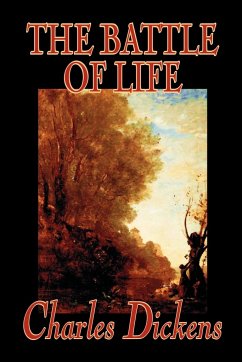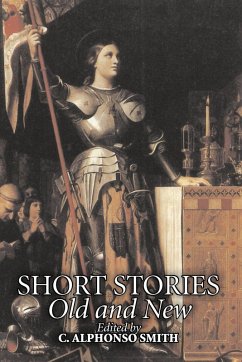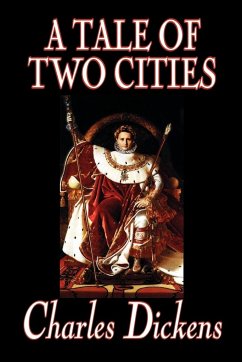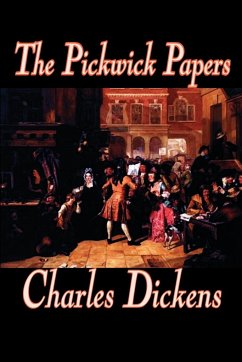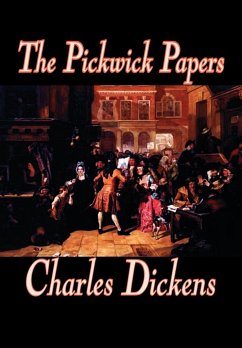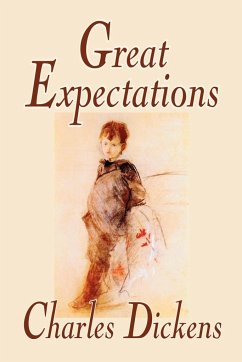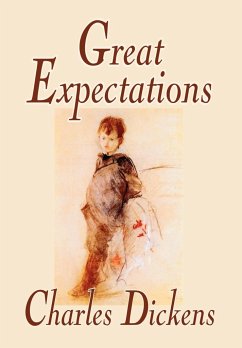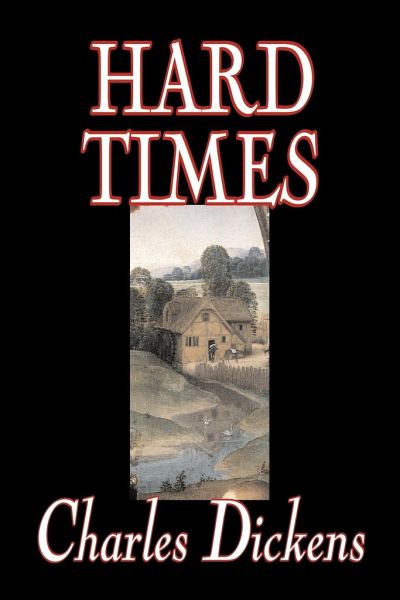
Hard Times by Charles Dickens, Fiction, Classics
Versandkostenfrei!
Versandfertig in 1-2 Wochen
17,99 €
inkl. MwSt.

PAYBACK Punkte
9 °P sammeln!
Hard Times is regarded as one of Dickens' darker novels. It introduces the character of Thomas Gradgrind. Like many of Dickens' characters, Gradgrind's name tells the reader much of what they need to know. As schoolmaster Gradgrind says, "Now, what I want is, Facts. Teach these boys and girls nothing but Facts. Facts alone are wanted in life. Plant nothing else, and root out everything else. You can only form the minds of reasoning animals upon Facts: nothing else will ever be of any service to them. This is the principle on which I bring up my own children, and this is the principle on which ...
Hard Times is regarded as one of Dickens' darker novels. It introduces the character of Thomas Gradgrind. Like many of Dickens' characters, Gradgrind's name tells the reader much of what they need to know. As schoolmaster Gradgrind says, "Now, what I want is, Facts. Teach these boys and girls nothing but Facts. Facts alone are wanted in life. Plant nothing else, and root out everything else. You can only form the minds of reasoning animals upon Facts: nothing else will ever be of any service to them. This is the principle on which I bring up my own children, and this is the principle on which I bring up these children. Stick to Facts, sir!" Gradgrind's factual upbringing dooms his children, Tom and Louisa, in different ways. The book is set in "Coketown," an industrial city. Because of its treatment of the role of factory work, as well as education, in society, Hard Times was thought to be a "socialist" work at the time of its publication. It was also written during a time when Dickens was experiencing trouble in his own marriage, and it features a number of unhappy couples and much family discord. Less popular at its publication than many of other Dickens' works, Hard Times remains one of the most-taught of Dickens' major books, possibly because of the group, it is the shortest.






